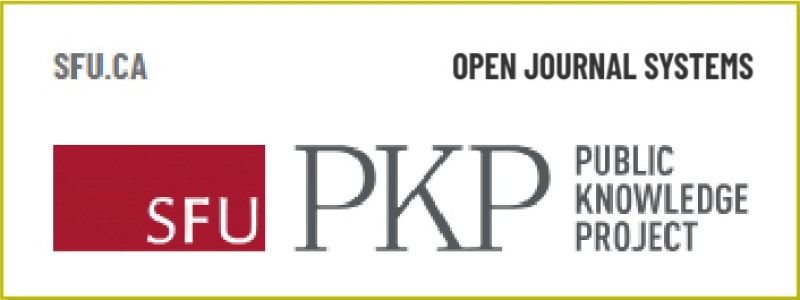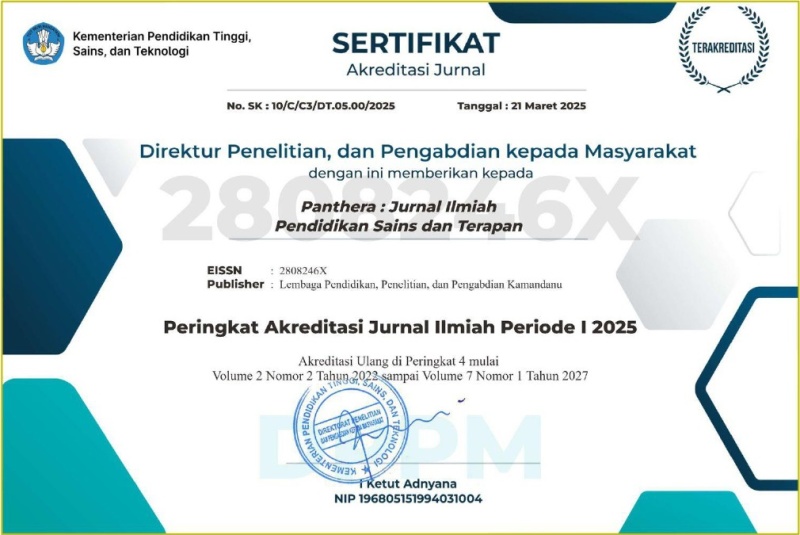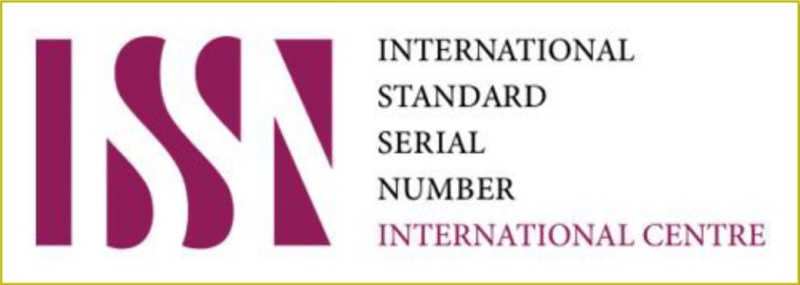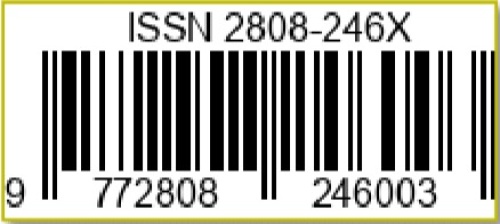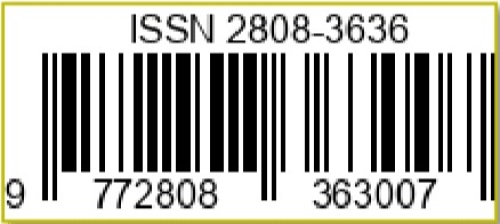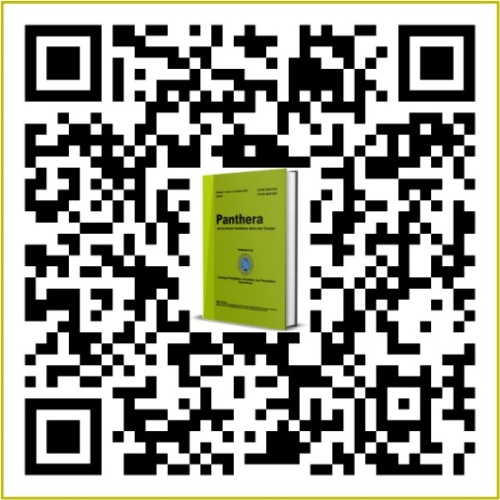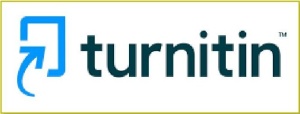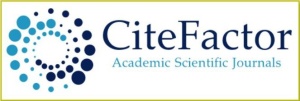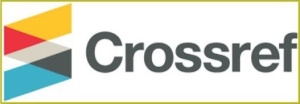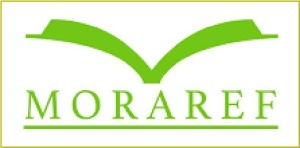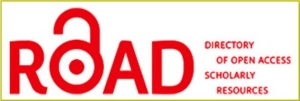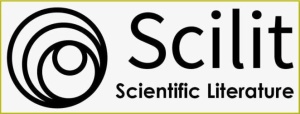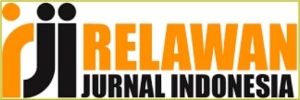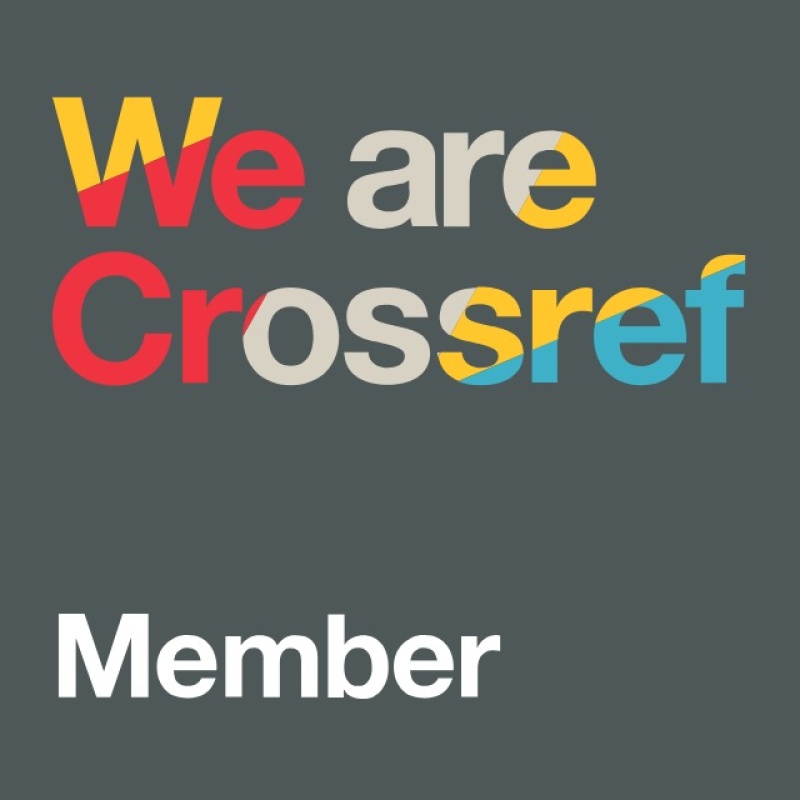Pengembangan Virtual Laboratorium Sentrifusi pada Pembelajaran Berbasis Proyek sebagai Media Pembelajaran untuk Meningkatkan Hasil Belajar Mahasiswa
DOI:
https://doi.org/10.36312/panthera.v5i4.729Keywords:
ADDIE, Learning Outcomes, Development, Centrifusion, Virtual LaboratoryAbstract
Chemistry learning on the topic of separation through the centrifuge process in higher education has not been implemented through practical work, due to the limited availability of relevant laboratory activities. As a result, centrifuges are rarely used and students do not understand how to operate them. This condition causes the learning process to focus on delivering theory without practical experience, so that students' understanding of the concept of centrifuges becomes shallow and has an impact on low learning outcomes. This study aims to develop a virtual centrifuge laboratory learning media based on assignment projects in the form of questions, and to improve student learning outcomes. The method used is Research and Development (R&D) with the ADDIE model. The research subjects consisted of 34 students of the Chemistry Study Program. The research instruments included a non-test instrument in the form of a media expert validation questionnaire, as well as a test instrument in the form of pre-test and post-test questions. The validation results showed that the learning media was classified as "feasible" with an average score of content feasibility of 3.50; language feasibility of 3.64; and presentation feasibility of 3.31. The results of the media trial showed an increase in learning outcomes in the experimental class, with an N-Gain value of 73.17%, higher than the control class's 48.17%. Thus, the use of project-based virtual laboratories is effective in improving learning outcomes and can be an alternative to practical work in separation chemistry lessons.
Downloads
References
Fitriani, D. R., Amintarti, S., & Riefani, M. K. (2022). Validitas Virtual Lab Biologi Berbasis Pendekatan Saintifik pada Materi Struktur dan Fungsi Jaringan Tumbuhan. Wahana-Bio : Jurnal Biologi dan Pembelajarannya, 14(1), 42- 53. http://dx.doi.org/10.20527/wb.v14i1.13364
Kertanegara, G. C. A., & Anggaryani, M. (2023). Validitas Laboratorium Virtual Filasik sebagai Alternatif Laboratorium Riil pada Materi Suhu dan Peneraan Termometer. Pendipa : Journal of Science Education, 7(2), 265-273. https://doi.org/10.33369/pendipa.7.2.265-273
Mu’minah, I. H. (2022). Pengaruh Penggunaan Aplikasi Praktikum Virtual Lab Berbasis OLABS (Online Laboratory) terhadap Hasil Belajar Siswa. Indonesian Journal of Community Service, 2(1), 99-107.
Munthe, L., Situmorang, M., & Zainuddin, M. (2024). Innovation of Project-Based Learning Material and Virtual Laboratory to Improve High Order Thinking Skills in Teaching Electrophoresis. In Proceedings of the 5th International Conference on Science and Technology Applications (pp. 1-7). Medan, Indonesia: EAI Innovating Research.
Mursali, S., & Safnowandi, S. (2016). Pengembangan LKM Biologi Dasar Berorientasi Pembelajaran Inkuiri untuk Meningkatkan Keterampilan Proses Sains Mahasiswa. Bioscientist : Jurnal Ilmiah Biologi, 4(2), 56-62. https://doi.org/10.33394/bioscientist.v4i2.218
Nainggolan, B., Hutabarat, W., Situmorang, M., & Sitorus, M. (2020). Developing Innovative Chemistry Laboratory Workbook Integrated with Project-Based Learning and Character-Based Chemistry. International Journal of Instruction, 13(3), 895-908. https://doi.org/10.29333/iji.2020.13359a
Pontjowulan, P. (2023). Implementasi Penggunaan Media ChatGPT dalam Pembelajaran Era Digital. Educationist : Journal of Educational and Cultural Studies, 2(2), 1-8.
Purwanto, M. N. (2020). Prinsip-prinsip dan Teknik Evaluasi Pengajaran. Bandung: PT. Remaja Rosdakarya.
Qurniati, D. (2022). Pengembangan Laboratorium Virtual sebagai Media Pembelajaran: Development of Virtual Laboratory as a Learning Media. SPIN : Jurnal Kimia & Pendidikan Kimia, 4(2), 142-154. https://doi.org/10.20414/spin.v4i2.5538
Riduwan, R. (2015). Skala Pengukuran Variabel-variabel Penelitian. Bandung: CV. Alfabeta.
Situmorang, M., Sinaga, M., Purba, J., Daulay, S. I., Simorangkir, M., Sitorus, M., & Sudrajat, A. (2018). Implementation of Innovative Chemistry Learning Material with Guided Tasks to Improve Students' Competence. Journal of Baltic Science Education, 17(4), 535-550.
Wati, I., & Kamila, I. (2019). Pentingnya Guru Profesional dalam Mendidik Siswa Milenial untuk Menghadapi Revolusi 4.0. In Prosiding Seminar Nasional Pendidikan Program Pascasarjana Universitas PGRI Palembang (pp. 364-370). Palembang, Indonesia: Universitas PGRI Palembang.
Downloads
Published
How to Cite
Issue
Section
License
Copyright (c) 2025 Mutiara Sani Sirumapea & Manihar Situmorang

This work is licensed under a Creative Commons Attribution-ShareAlike 4.0 International License.
-
Attribution — You must give appropriate credit, provide a link to the license, and indicate if changes were made. You may do so in any reasonable manner, but not in any way that suggests the licensor endorses you or your use.
-
ShareAlike — If you remix, transform, or build upon the material, you must distribute your contributions under the same license as the original.


